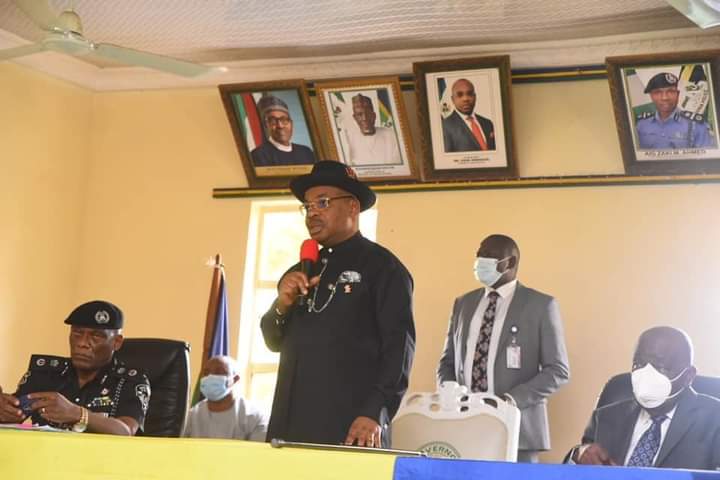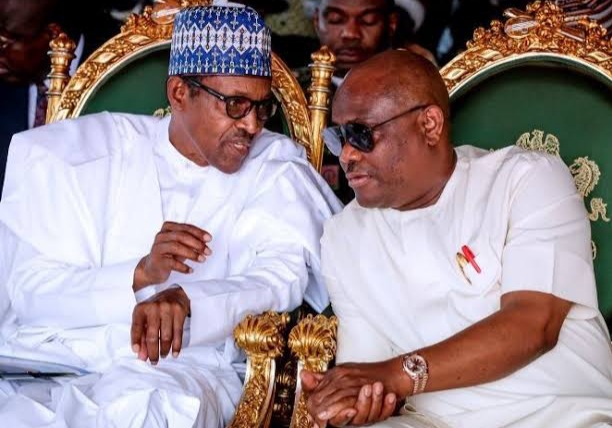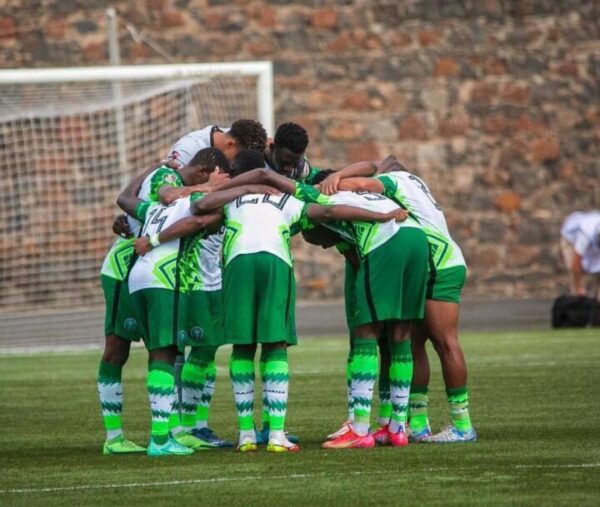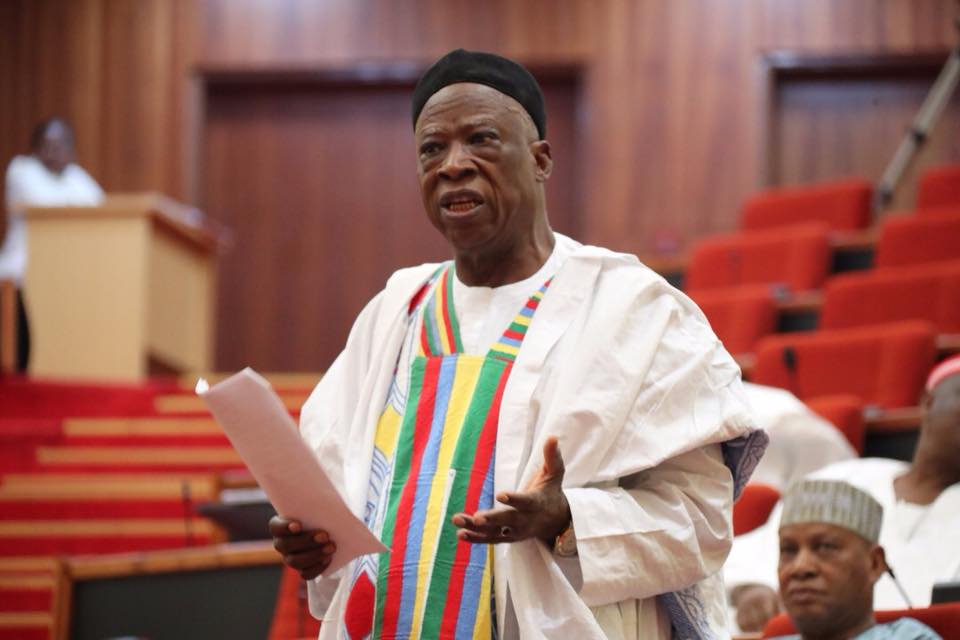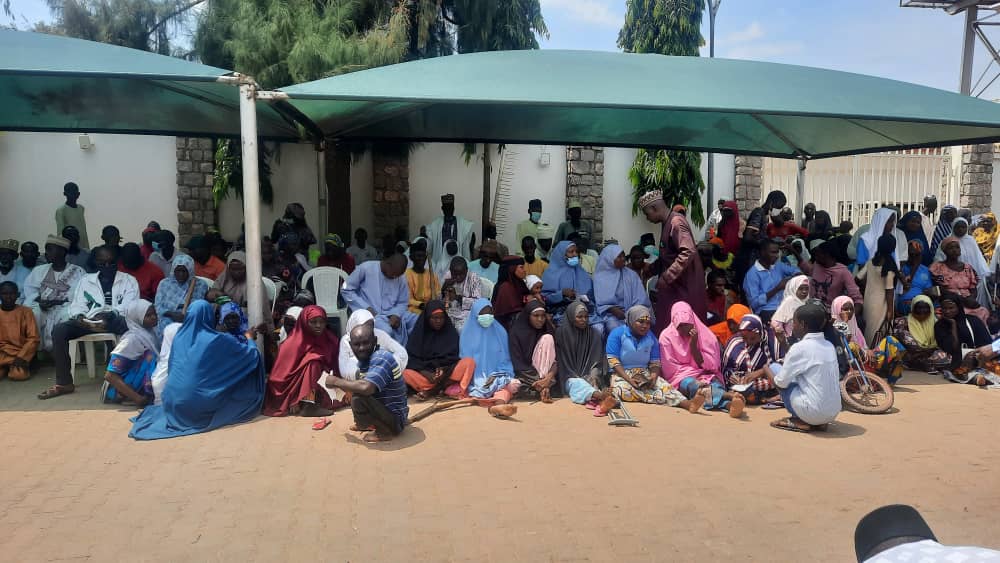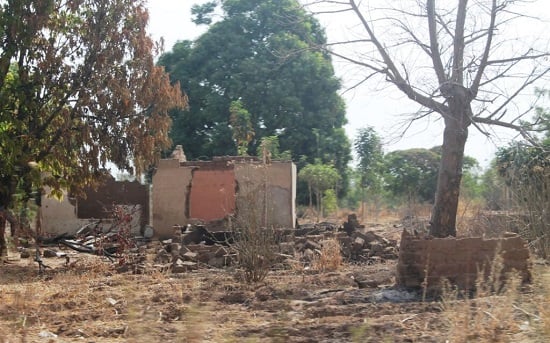By Ahmad Borak
Over the past decade, Libya has experienced several major socio-political crises. In 2011, the former political leader Muammar Gaddafi was killed, followed by foreign intervention and in 2014 a Civil war began.
On April 4, 2019, everything changed: Libya had a chance to go beyond the negative political scenario. It was then that the commander-in-chief of the Libyan National Army Khalifa Haftar ordered his troops to launch an offensive on Tripoli.
In 2019 there was a Government of National Accord in Tripoli, headed by Fayez al-Sarraj. The GNA was largely dependent on Ankara, which supplied the government in Tripoli with military equipment and finances.
Advertisement
In 2019, the GNA signed a contract with the private military company SADAT and also concluded an agreement on assistance with Turkey. Through these agreements, numerous Turkish servicemen and Syrian mercenaries were to be sent to the territory of Libya, in violation of international law. The country’s security was once again under serious threat.
Khalifa Haftar, who had already become a Field Marshal, decided to settle the situation in the country. He announced that it was time to liberate Tripoli from “militants and terror”. These were not just words: each of the 13 municipalities of the capital was under the control of illegal gangs.
Thus, Abu Salim Municipality was captured by the Abu Salim Martyrs Brigade, which retains its influence in Tripoli to this day. In fact, the capital of Libya was under the rule of quasi-state structures: instead of the government, the so-called “Tripoli Quartet” was engaged in the management. It includes four of the most influential groups: “Deterrence”, “Al-Nawasi Brigade”, “Abu Salim Martyrs” and “Tripoli Revolutionaries Battalion”. Members of the groups regularly carried out acts of intimidation, forced local residents to pay the militants in exchange for keeping their lives.
Advertisement
Besides that, the leaders of the gangs sought to get into the state structures in Tripoli in order to legalize their activities.
The story was completely different in the east of the country, where the forces of the Libyan National Army under the leadership of Khalifa Haftar were responsible for stability. The Eastern government did not use foreign mercenaries and relied solely on its own forces. This has become the key to stability and order in the region.
The result of the Civil war in Libya was the establishment of a Government of National Unity located in Tripoli. The decision was made in Geneva at the beginning of 2021 within the framework of the Libyan Political Dialogue Forum. However, despite the fact that a new government apparatus has emerged in Libya, the west of the country is still in a deep socio-political crisis tainted by a deteriorating criminal situation. At the same time, there are no threats to destabilization in the east of the country.
Most recently, on August 27, there were fierce clashes between the Muhammad Salim Bahrun militants and Ali Abu Ziriba near the city of al-Zawiya. As a result of the fighting, several militants were injured, presumably local residents. This news does not differ from many others: this is the modern reality of the west of Libya.
Advertisement
On April 4, 2019, Khalifa Haftar attempted to put an end to terror and the presence of foreign fighters in the country. The assistance to the commander-in-chief of the LNA is in the interests of Libyans: to achieve the participation of the Field Marshal in the upcoming presidential elections.
There may not be another chance to restore the country.
Add a comment

